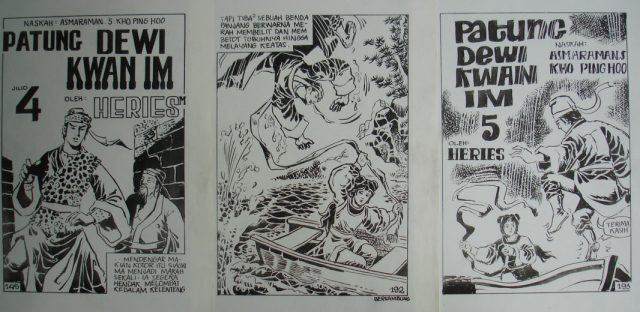
Koo, along with his friends, were convicted by the court because of robbing in November 1990. Teresa's School Kowloon and Carmel Secondary School. Koo was born and received education in Hong Kong. Koo's father was an actor and then changed career to a businessman. Tin means “sky” or “day”, and Lok means “happy” in Cantonese. Louis is his English given name, as Tin-lok is the Chinese given name. Cool Style's business scope includes artist management and related businesses aiming to cultivate new forces with abundant resources and platforms. Other investors include Hong Kong model and actress Angelababy Yang Ying, Angelababy's agent Kim Chou and Hong Kong film director Stephen Fung Tak Lun's production company Film Magic Pictures. One Cool Group is to set up an entertainment company with Media Asia in 2021, the new company is named Cool Style. He was the ambassador of Hong Kong International Film Festival from 2014 to 2018. As of 2018, One Cool Group has produced 20 films. Koo founded " One Cool Group Limited" in 2013. In 2018, Koo was awarded the Hong Kong Film Award for Best Actor, Asian Film Award for Best Actor and the Hong Kong Film Directors' Guild Award for Best Actor for his performance in the 2017 film, Paradox. After 2001, he fully focused on film career and became one of the stalwarts of the Hong Kong film industry.
#Kho ping hoo professional
He began his professional career as an actor in local television series, winning TVB's Best Actor award in 19. With the recent trend of popular superhero movies inspired by local classics, there is hope that the tales created by Kho Ping Hoo will receive a similar treatment.Louis Koo Tin-lok ( Chinese: 古天樂 born 21 October 1970) is a Hong Kong actor, singer and film producer. He plans to present the stories on a website, in e-books and through an animated series. Most of them are people who grew up with Kho’s tales and collect the books.Ĭurrently, Bunawan is collaborating with several parties in a bid to introduce Kho Ping Hoo to a younger audience. He added that the business was maintained purely as a moral obligation to fans of Kho Ping Hoo, who wished to buy the books. In one month sometimes we can sell up to 5 books or none at all,” Bunawan said. “For direct sales, there is no fixed number. Bunawan said several book stores in Jakarta and Tangerang still routinely ordered Kho’s books. The books are arranged based on the titles, and people are welcome to purchase them at the company or through their website. Read also: In Surakarta, Chinese-Indonesians heal old wounds for sake of harmonyĪ picture of Kho, who died in 1994, hangs on the main wall of the house, amid thousands of books ready for distribution. The company is located at the house where Kho used to live in a small alley in Gandekan, Surakarta. Bunawan Sastraguna, the oldest son-in-law of Kho Ping Hoo, is the head of operations. More than 50 years later, CV Gema is still in the business. In 1965, he founded CV Gema, a publishing house in Surakarta, Central Java, to help him produce and distribute the books. After his first success, Kho Ping Hoo set his eyes on martial arts stories. The stories became more popular when they were republished by Analisa magazine.
#Kho ping hoo series
His first foray into martial arts tales began in 1959 with The Heirloom Sword of the White Dragon, a series he wrote for Teratai magazine. His short stories appeared in local magazines, such as Liberty, Star Weekly and Pancawarna. He began writing in the 1950s, during his time in Tasikmalaya city, West Java. In his youth, he would often move from place to place and change jobs, from selling traditional medicines to providing transportation services. He also had a penchant for incorporating Chinese terms in his writing, a new insight for Indonesian readers.Īsmaraman was born in Sragen, Central Java, on August 17, 1926. He was especially celebrated for the ways he described each tale, character and the minute details of every weapon and clothing item.

Throughout his career, he wrote 116 books of Wuxia stories and 24 books taking place in Indonesian kingdoms. His tales inspired movies, television series and radio shows.

With the pen name Kho Ping Hoo, Asmaraman created some of the most famous stories in Indonesia in the 1970s and 1980s. The imaginary journeys of martial artists in ancient China, or Wuxia, were born out of Asmaraman Sukowati’s mind.

On its pages, readers met Bu Kek Siansu and Kwa Sin Liong and followed them on their adventures on Mount Jeng Hoa San. But inside the book’s covers, ancient China appeared, a time when mighty warriors reigned. The cover was simple, with only two colors and bearing an illustration of a fight between Chinese warriors. The adventures began with a tiny, thin book.


 0 kommentar(er)
0 kommentar(er)
